Every runner knows that the last meal eaten before a race should be high in carbohydrates and low in fat. The idea is to top off those precious glycogen stores in your muscles and liver so that they last longer during the race. But a recent study by Japanese researchers suggests that a high-fat pre-race meal may work better, provided the body is already well stocked with glycogen.
Most runners ensure that their bodies are well stocked with glycogen for longer races by carbo-loading for 1 to 3 days before race day. However, a study conducted in 1967 showed that after carbo-loading, athletes were not able to increase their glycogen stores any further by eating a high-carb meal on the morning of a race. Besides carbo-loading, another way to make glycogen stores last longer during a race is to cause the muscles to burn more fat, which can be done by eating a high-fat meal before exercise. In light of these facts, Hiroaki Tanaka and colleagues at Fukuoka University hypothesized that eating a high-fat meal after carbo-loading and before exhaustive exercise would enhance endurance by maximizing glycogen stores and increasing fat burning.
More: 4 Pre-Workout Snacks to Help You Burn Fat
To test this hypothesis they recruited eight college-age male runners as subjects. These guys were very fit, with an average body fat percentage of 6.7 and an average VO2 Max of 61.3 ml/kg/min (average is under 50). All eight subjects were required to complete three different trials, which were administered in random order and separated by one-week intervals. The trials consisted of a specific morning nutrition regimen followed by a running test that entailed 80 minutes of treadmill running at marathon race pace followed immediately by a run to exhaustion at a somewhat faster pace corresponding to 80 percent of VO2 Max.
More: How to Improve VO2 Max
The runners completed three days of carbo-loading before each trial. In all three trials the subjects were fed a breakfast of approximately 1,000 calories four hours before the running test. On one occasion the breakfast was a traditional high-carb pre-race meal in which 70 percent of total calories were supplied by carbohydrates. On the other two occasions the subjects received a high-fat breakfast that was 55 percent fat and only 30 percent carbohydrates. It's worth noting that even in this meal the amount of carbohydrates (300 calories) was not insignificant. The researchers' aim was to provide a meal with enough fat to increase fat use during the subsequent run, but also enough carbohydrates to top off the subjects' liver glycogen stores, which would have been partly depleted after the overnight fast.
- 1
- of
- 2
About the Author

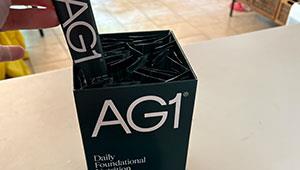
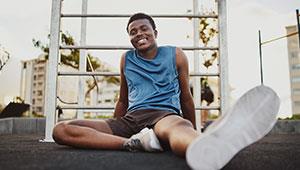
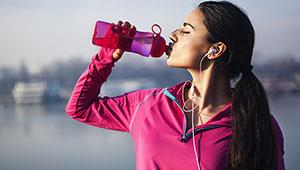
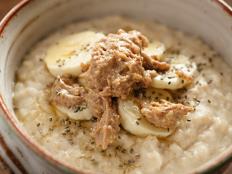

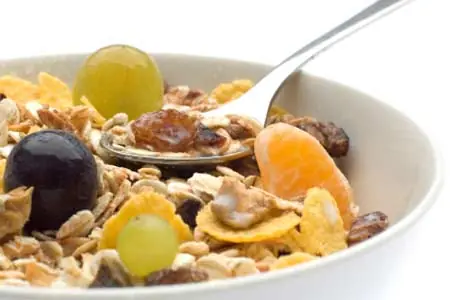


Discuss This Article